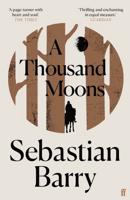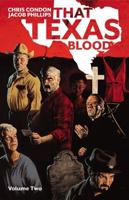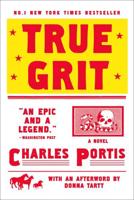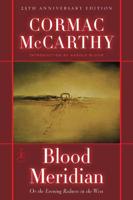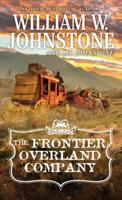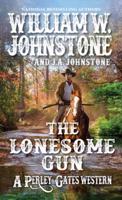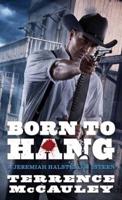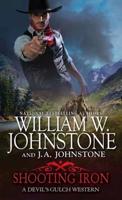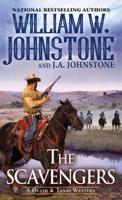Publisher's Synopsis
White Otter's heart was bad. He sat alone on the rim-rocks of the bluffs overlooking the sunlit valley. To an unaccustomed eye from below he might have been a part of nature's freaks among the sand rocks. The yellow grass sloped away from his feet mile after mile to the timber, and beyond that to the prismatic mountains. The variegated lodges of the Chis-chis-chash village dotted the plain near the sparse woods of the creek-bottom; pony herds stood quietly waving their tails against the flies or were driven hither and yon by the herdboys-giving variety to the tremendous sweep of the Western landscape. This was a day of peace-such as comes only to the Indians in contrast to the fierce troubles which nature stores up for the other intervals. The enemy, the pinch of the shivering famine, and the Bad Gods were absent, for none of these things care to show themselves in the white light of a midsummer's day. There was peace with all the world except with him. He was in a fierce dejection over the things which had come to him, or those which had passed him by. He was a boy-a fine-looking, skillfully modeled youth-as beautiful a thing, doubtless, as God ever created in His sense of form; better than his sisters, better than the four-foots, or the fishes, or the birds, and he meant so much more than the inanimate things, in so far as we can see. He had the body given to him and he wanted to keep it, but there were the mysterious demons of the darkness, the wind and the flames; there were the monsters from the shadows, and from under the waters; there were the machinations of his enemies, which he was not proof against alone, and there was yet the strong hand of the Good God, which had not been offered as yet to help him on with the simple things of life; the women, the beasts of the fields, the ponies and the war-bands. He could not even protect his own shadow, which was his other and higher self.

